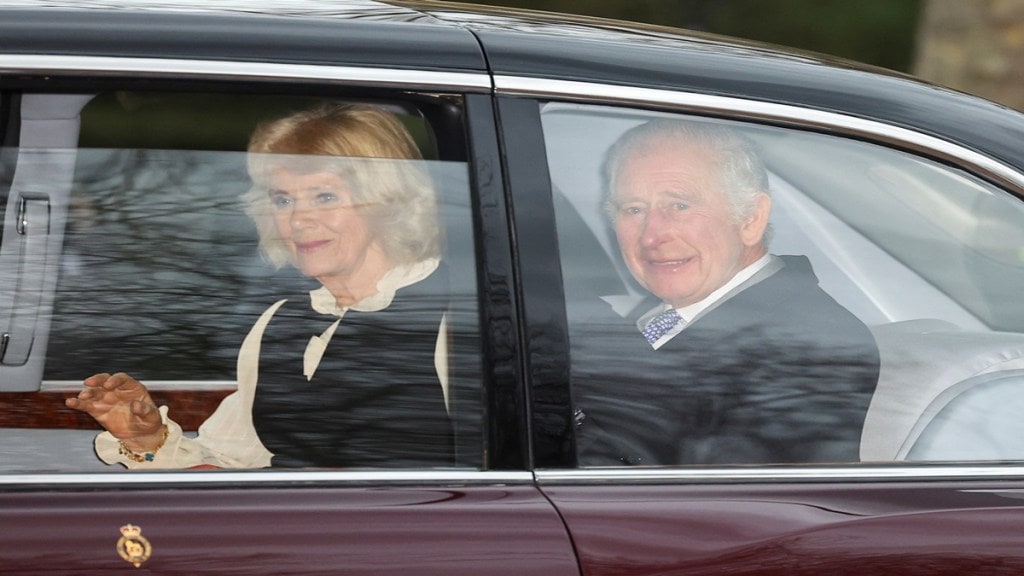King Charles III made his first public appearance smiling and waving on Tuesday since Buckingham Palace revealed his cancer diagnosis. The 75-year-old monarch, who ascended to the throne less than 18 months ago following the passing of his mother, Queen Elizabeth, will be undergoing treatment, prompting him to postpone public engagements. Charles was seen waving to passers-by as he traveled from his Clarence House residence in central London to Buckingham Palace, where he and Queen Camilla boarded a helicopter to their Sandringham estate for his recovery. Meanwhile, Charles’ younger son, Prince Harry, flew to Britain for a brief reunion with his father at Clarence House, although there are no plans for him to meet his elder brother, Prince William.
Will Prince William step in?
As King Charles begins outpatient treatments, Prince William is expected to assume some of the monarch’s duties, supported by other senior royals. Despite the diagnosis, the palace reported that Charles remains “wholly positive,” with Prime Minister Rishi Sunak confirming that the cancer was caught early.
The revelation of Charles’s diagnosis sheds light on Britain’s cancer care challenges within the National Health Service (NHS), despite the monarch receiving expert private care. While details about the cancer remain undisclosed, the decision to go public was influenced by Charles’s patronage of cancer-related charities.
With Princess Kate recuperating from surgery and other senior royals aging, the pressure on the remaining working royals to fulfill extra engagements has intensified.
What are King Charles III’s responsibilities as Britain’s head of state?
Under Britain’s constitutional monarchy, King Charles III holds the position of head of state while maintaining political neutrality. His duties primarily entail ceremonial roles, leaving policy-making to the elected Parliament. With the news of
State Opening of Parliament and Legislative Responsibilities
King Charles III’s most prominent duty is presiding over the annual State Opening of Parliament, where he delivers the government’s agenda in the King’s Speech. Additionally, he grants royal assent to bills passed by Parliament, a crucial step for legislation to become law.
Government Appointments and Weekly Meetings
As part of his role, the king participates in appointing new prime ministers and Cabinet members. He dissolves Parliament before general elections and invites the winning party’s leader to form a government. King Charles III also holds private weekly audiences with the prime minister to discuss state matters.
Privy Council Meetings and State Business
Chairing monthly meetings of the Privy Council, the king advises on various governmental matters, including issuing coins and establishing new government departments. Despite his cancer diagnosis, King Charles III plans to continue handling state business and reviewing government documents during treatment.
Counsellors of State and Symbolic Duties
In cases of illness, the monarch’s duties can be temporarily assumed by appointed Counsellors of State, including Queen Camilla, Prince William, Princess Anne, and Prince Edward. As head of state, King Charles III hosts foreign dignitaries and represents national identity and continuity, leading ceremonies such as Remembrance Day and delivering the annual Christmas Day address.
Commonwealth Leadership
Additionally, King Charles III serves as the head of the Commonwealth, symbolizing the unity among 56 member countries, most of which are former British colonies. While largely ceremonial, this role underscores the monarchy’s global significance and diplomatic engagements.
(With Agency Inputs)

